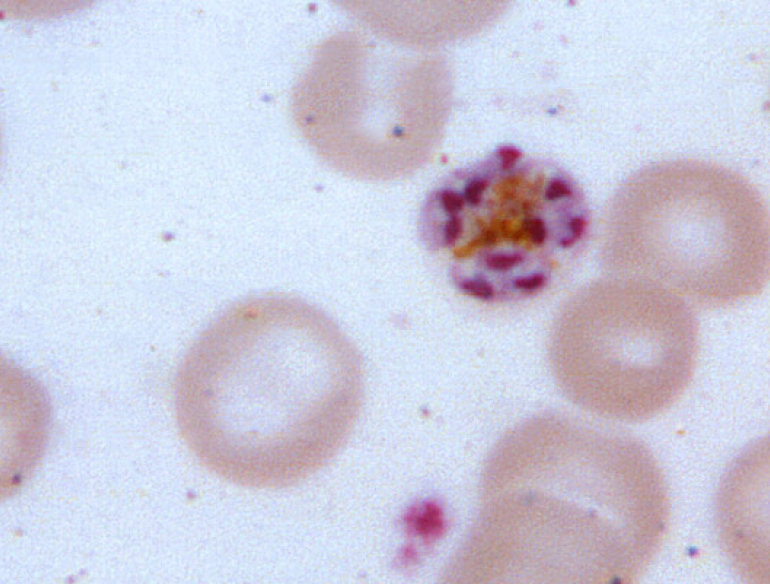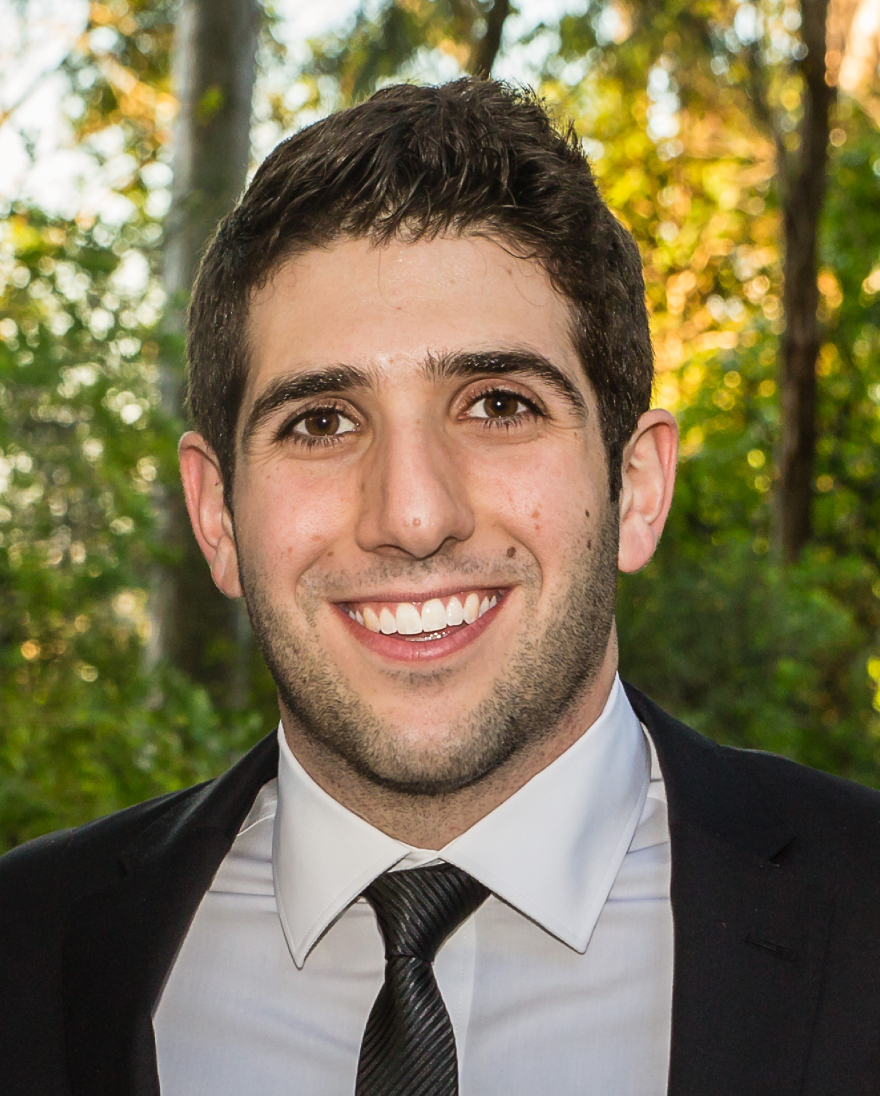Malaria remains one of the most important infectious threats worldwide, causing around half a million deaths annually. Both a vaccine and new treatments for malaria are urgently needed, as resistance to current drugs and insecticides is spreading.
We collaborate with experimentalists and clinicians around the world to analyse and understand how both drugs and our immune systems can control malaria infection.
We analyse the dynamics of malaria infection over many scales, ranging from in vitro infection, to animal models of infection, experimental human infection trials, and field studies of infection. By combining statistical analysis and modelling with experimental data, we aim to understand how drugs and immunity can control parasite growth.
We have shown how ‘naturally acquired immunity’ and anti-malarial drugs act to slow parasite replication in the blood stream. This suggests that the major type of immunity acquired with age is one that inhibits parasite replication in the blood stream. In addition, our work highlights how the timing and action of drugs combine to affect the outcome of infection.
Insights into the dynamics of immune control and drug therapy are essential for the rational design of new therapies and vaccines.

